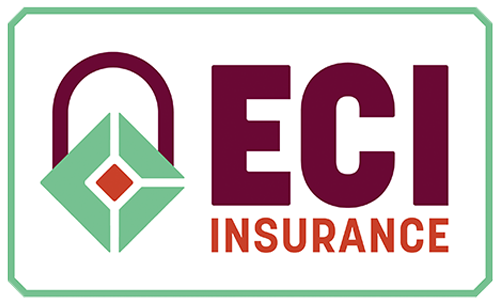Millions of Americans need to take prescription medication. In fact, the average American spends over $1,200/year on medications from their pharmacist. If you take a prescription, you likely know that you have to pay for it, and costs could mount easily. If you have health insurance, you might wonder if your plan will pay for the costs? Indeed, in most cases, your plan will pay. However, it doesn’t necessarily guarantee that you will pay nothing for your prescriptions. Here’s more information on why.
Most Health Insurance Must Cover Prescription Drug Costs
Someone might take a prescription drug for a variety of reasons. For example, they might need them in order to help treat a chronic medical condition. They might take drugs to help them recover for a temporary sickness.
Without health insurance, most prescription medications would cost hundreds, if not thousands of dollars. However, with coverage, most people pay only a nominal
Due to U.S. law, nearly all health insurance plans have to cover prescription medications. However, certain exceptions exist.
- Some plans won’t cover prescription costs.
- Almost no plan will cover every medication either.
- Nearly all plans will charge policyholders a reduced fee for their drugs.
Therefore, if you find that you need
Understanding Prescription Drug Coverage
The good news is, most health insurance plans cover numerous types of medication, many of which might treat the same conditions. Therefore, if a doctor recommends a certain drug, which your plan won’t cover, then there might be an alternative for what you need.
Once you find out what your plan will cover, you will likely have to pay a copayment for it when you pick it up. The cost of your copayment will likely vary based on how the insurer classifies the drug itself. In many cases, insurers divide drugs into different tiers, based on factors like their manufacturing cost, what they treat and more.
If a drug falls into a higher tier, then you will likely pay more for it. However, again, what you might find is that an alternate prescription exists in a lower tier. Always work closely with your physician to determine the prescription that works best for you. To learn more about prescription drug coverage contact an ECI agent today.



